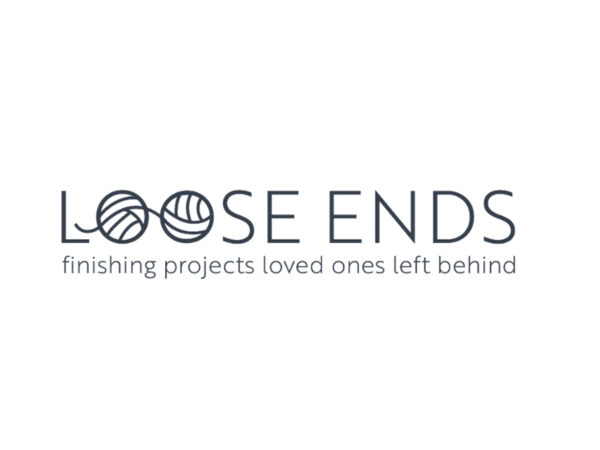In an effort to normalize the discussion between doctors, patients and families surrounding end of life decisions, the PBS documentary series, Frontline, recently filmed Being Mortal, based on the book of the same name, written by Boston surgeon and New Yorker magazine contributor, Atul Gawande.
Gawande talks in the film about his own experiences with his father’s cancer diagnosis and how the discussion about medical options needs to be more realistic; “Hope is not a plan,” says Gawande, admitting doctors are sometimes guilty of encouraging patients into treatment with unrealistic expectations.
This lack of training, combined with the discomfort doctors and patients feel talking about chronic illness and death, can lead to patients into having a very negative experience as they approach end of life. But by having those hard conversations openly, starting at home, patients and families can focus on living the best possible life for as long as feasible throughout an incurable or progressive illness.
Too often we wait until a crisis to talk about end of life choices but making difficult decisions during highly stressful moments is not ideal. However, by opening a dialogue with the doctor early and engaging a series of conversations, experts believe patients can better understand their illness and what to expect in the future. The Conversation Project, working with non-profit Institute for Healthcare Improvement, has designed a kit to help patients talk with their physicians and ask the right questions to better inform their long-term decisions. To download a conversation starter kit and learn more about talking about end of life care, visit: http://theconversationproject.org/starter-kits/ .
To watch the film, schedule a viewing or listen to the audio cast visit: http://www.pbs.org/wgbh/frontline/film/being-mortal/ .






Add Your Voice
0 Comments
Join the Discussion